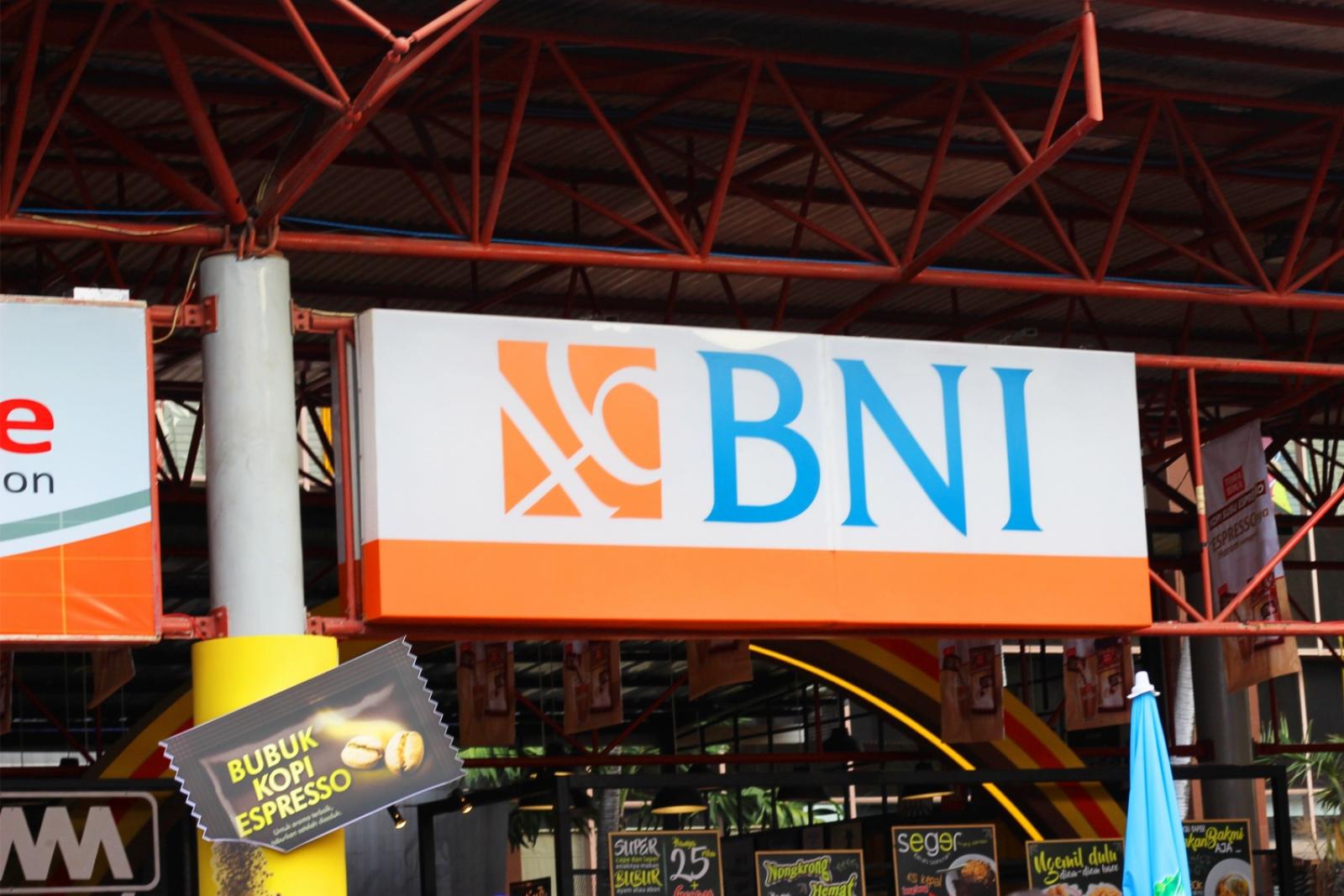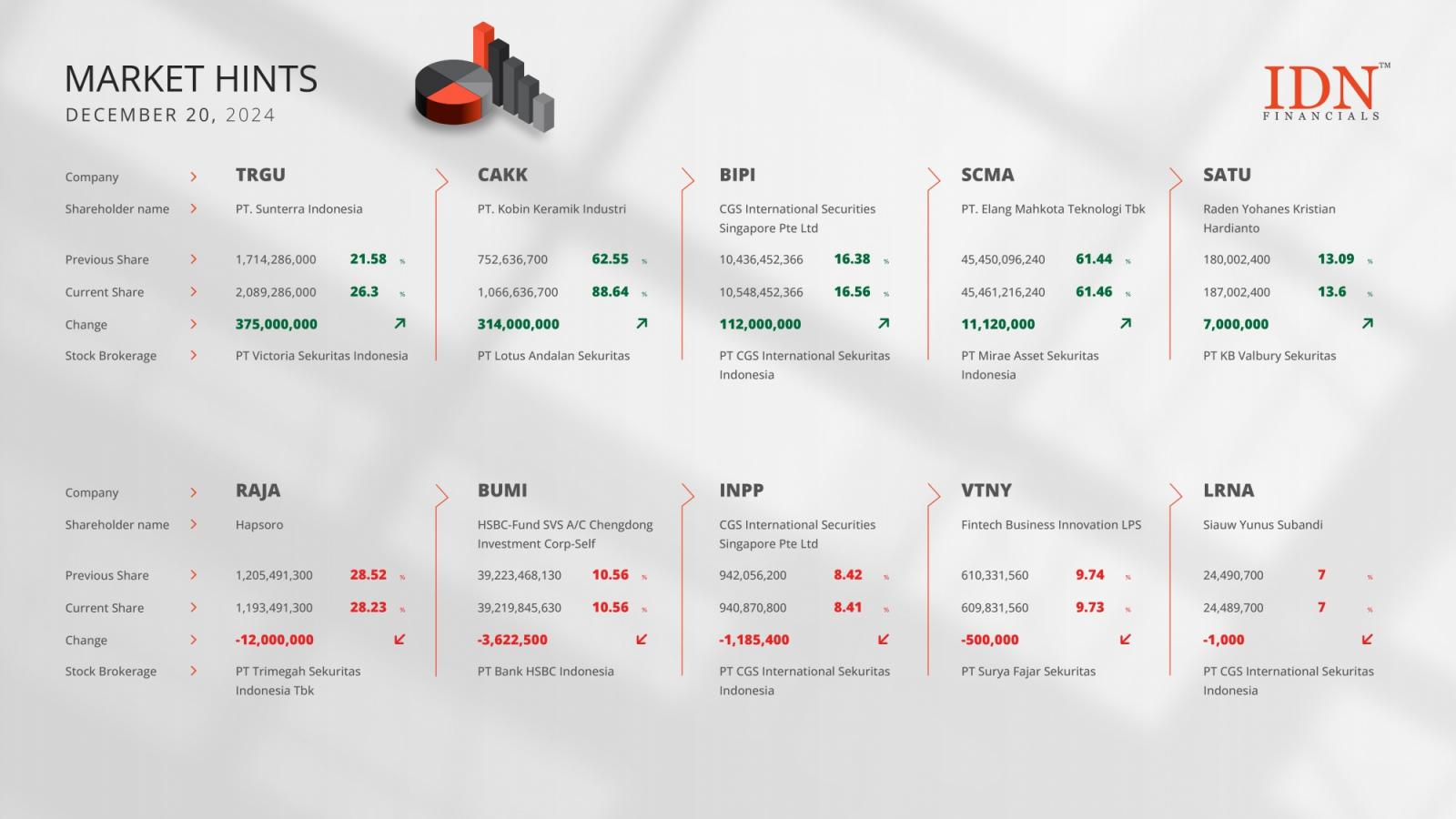
The euro area private sector growth strengthened midway through the third quarter on solid increase in service sector activity, flash survey compiled by S&P Global showed on Thursday.
The HCOB composite output index improved to a three-month high of 51.2 in August from 50.2 in July. The reading was forecast to fall to 50.1.
The score signaled a faster pace of output growth following two successive months in which the pace of expansion had weakened. Output has risen in each of the last six months.
The private sector growth was centered on the service sector. Services activity increased at the fastest pace in four months as the Olympic Games boosted the French service sector.
By contrast, manufacturing across the euro area remained in contraction, seeing production decline for the seventeenth month in a row.
The services Purchasing Managers Index improved to a four-month high of 53.3 from 51.9 in July. The expected reading was 51.9.
Meanwhile, the factory PMI slid to an eight-month low of 45.6, while the score was forecast to remain unchanged at 45.8.
New orders decreased for three straight months with the latest fall only slightly softer than in July. The overall reduction in new business continued to be led by falling new export orders.
Ending a seven-month sequence of expansion, employment posted a fractional decrease. The fall in new orders suggest that companies were still able to keep on top of workloads despite not adding to their staffing levels.
Manufacturers responded to demand weakness by scaling back their purchasing of inputs in August. Stocks of purchases decreased markedly. Suppliers delivery times shortened for the seventh straight month in August.
Sentiment weakened to the lowest in 2024 so far and was below the series average.
Further, input cost inflation eased to an eight-month low, while output price inflation quickened in August.
Although the survey results look like a pleasant surprise at first glance, a closer look at the numbers reveal that the underlying fundamentals might be shakier than they appear, Hamburg Commercial Bank Chief Economist Cyrus de la Rubia said.
Its a tale of two worlds. The manufacturing sector remains mired in recession, while the services sector still appears to be growing at a decent clip, said de la Rubia.
Capital Economics economist Franziska Palmas said the combination of a slowing economy and still-high price pressures in the services sector means the European Central Banks decision in September is not yet a done deal.
However, barring a major upward surprise in the inflation figures for August, the ECB will go ahead with a rate cut, she added.
Among big-two economies, Germanys private sector activity shrank further in August as manufacturing output declined sharply and service sector growth softened for the third consecutive month.
The headline HCOB flash composite output index fell unexpectedly to 48.5 in August from 49.1 in July. The score was seen at 49.2.
At 51.4, the services PMI hit the lowest in five months and was down from 52.5 in July. The reading was below forecast of 52.3.
The manufacturing PMI also dropped to a five-month low of 42.1, down from 43.2 in the prior month. Economists had forecast the index to climb to 43.5.
By contrast, Frances private sector expanded in August for the first time since April as the Olympic Games boosted services activity. The composite output index rose to 52.7 in August from 49.1 in July. The score was forecast to remain unchanged at 49.1.
The uplift in private sector output was exclusively driven by services. The services PMI hit a 27-month high of 55.0 compared to 50.1 in July. The reading was seen at 50.2.
On the other hand, the manufacturing PMI declined unexpectedly to an eight-month low of 42.1 from 44.0 a month ago. The score was forecast to rise to 44.4.





